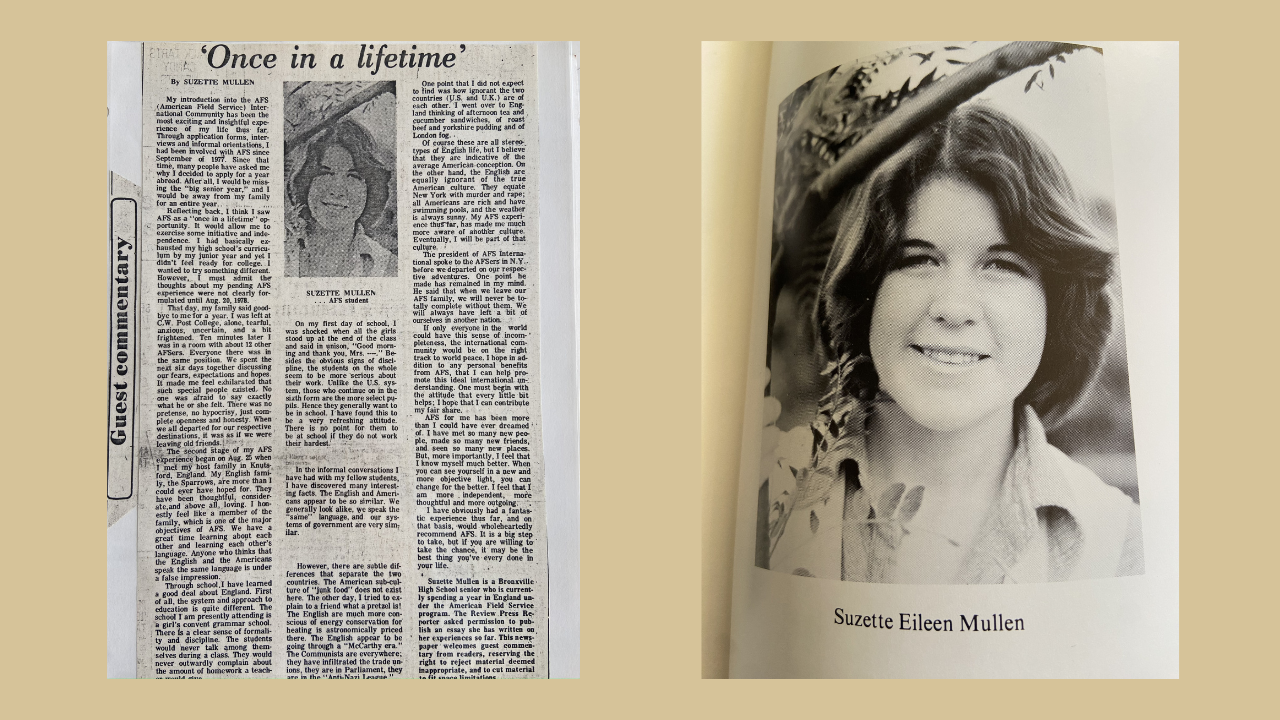Your Story Matters
Is Writing Memoir an Exercise in Narcissism?

I got a panicky email a few weeks ago from one of my clients.
I offered to hop on a call with her, and when we connected, I learned that some family members had been pressuring her to stop writing he...
Does Your Memoir Need to Be Edited?

The short answer is YES.
The longer answer is that there are many different kinds of editing that are important at different stages in your writing journey.
Developmental Editing
Developmental edit...
It's Time to Call Yourself a Writer

Writers, have you ever had an identity crisis?
I had a long professional identity crisis in my thirties and forties. After practicing law for a brief period, then caring for young children, the wande...
What's My Story Really About Anyway?

My essay “The Subaru Should Have Been a Sign,” went viral on today.com.
I still can’t freaking believe it.
In case you haven’t read it yet, click on this link.
Barb from Subaru Customer Service rea...
Writers Write Better With Support
Finding support is the final step in my 4-Step Solution to Getting Your Nonfiction Book Out of Your Head and Onto the Page.
Writers are better with support, and this is especially true for writers wo...
The 4-Step Solution to Getting Your Non-Fiction Book Out of Your Head and Onto the Page
 Introduction
Introduction
How many times have you heard someone say they have a book inside them? Somewhere between 80-90 percent of Americans have said they want to write a book “someday.” I’m guessing that numb...


